The Purely Journal
The Purely Journal is not content for content’s sake; it is a chronicle of ritual. Here we honor the lineage of botanicals, the artistry of blending, and the quiet power of daily ceremony. Each piece is crafted with the same devotion as our teas: thoughtful, precise, and pure. This is where knowledge becomes reflection, and reflection becomes practice, an invitation to live with clarity, intention, and grace.
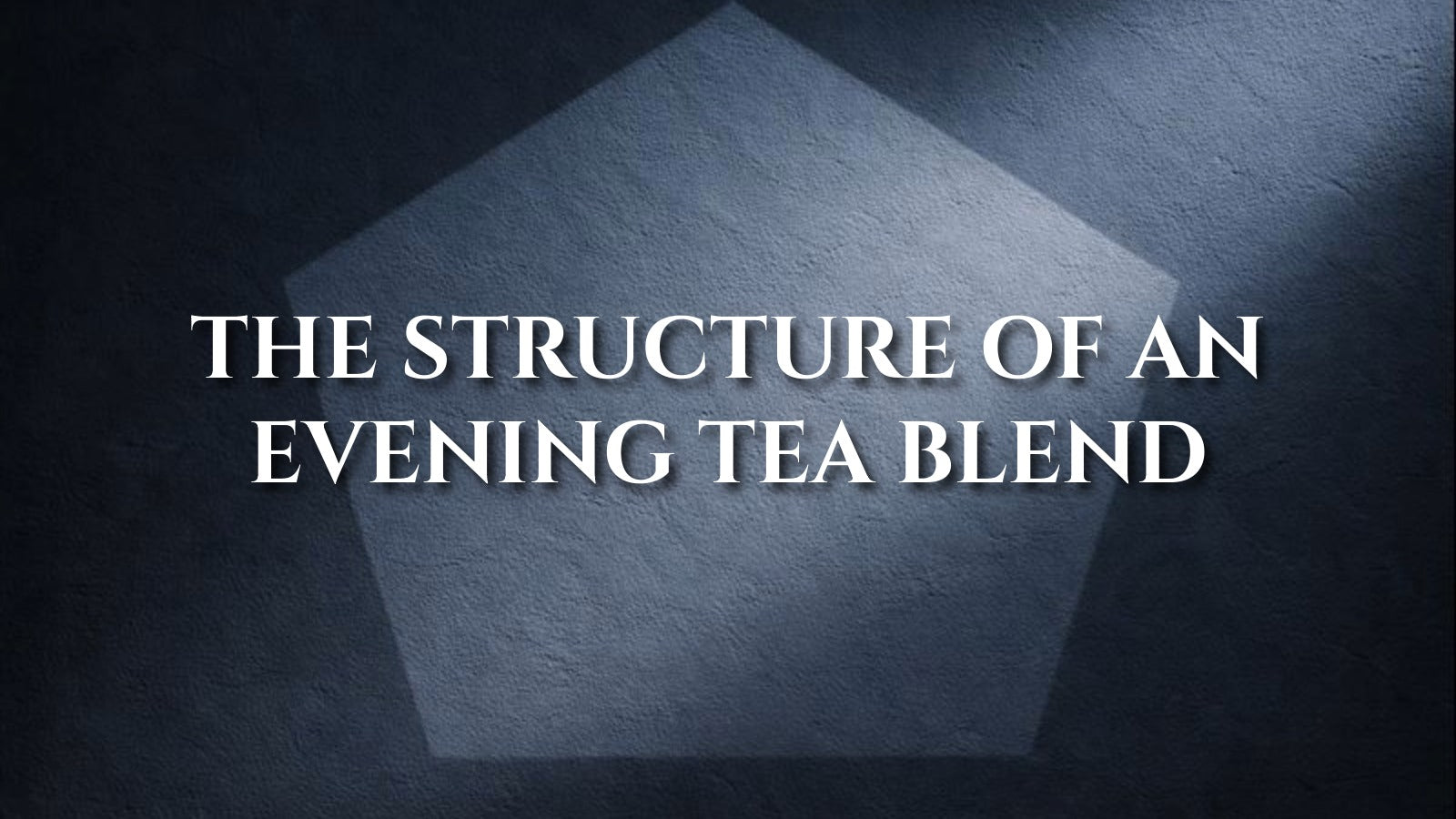
The Structure of an Evening Tea Blend
Evening tea blends follow the same architectural principles as all professional compositions, but they apply them differently. Rather than emphasizing progression and contrast, evening structure pr...
Read more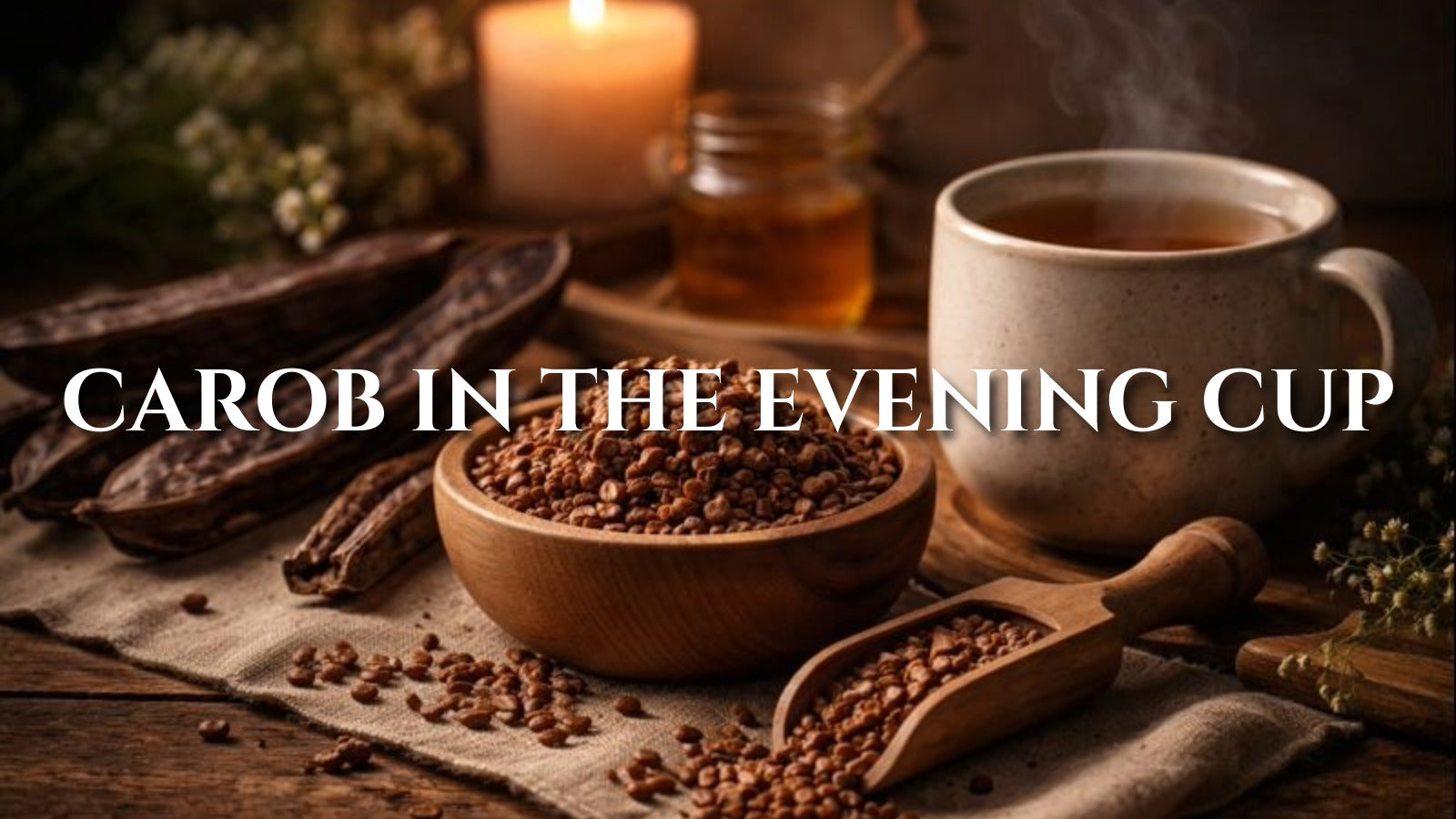
Carob enters the evening through warmth and depth rather than aroma or lift. Its presence settles quietly into the cup, offering gentle sweetness and steady body that support a calm, unhurried clos...
Read more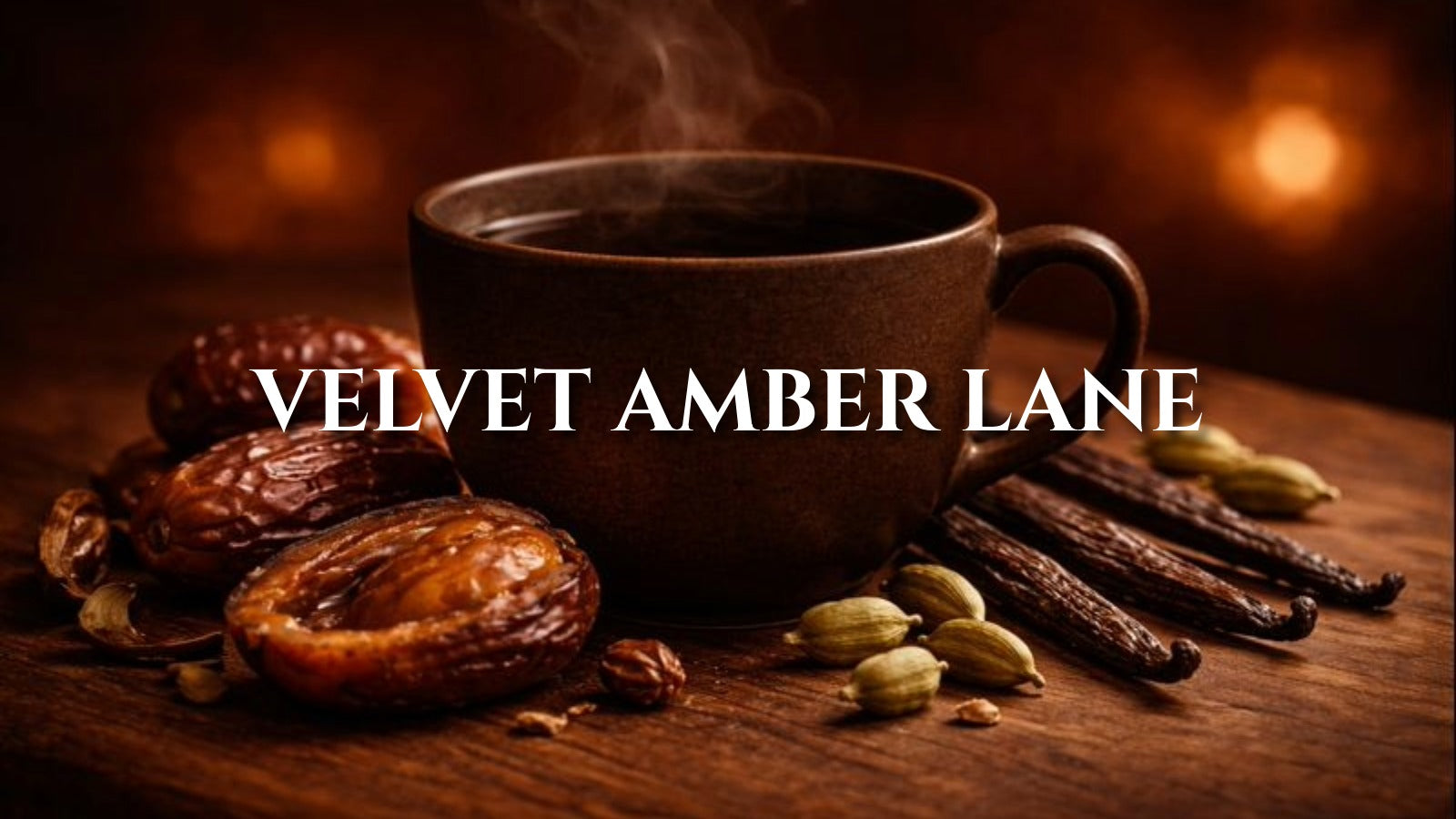
Velvet Amber Lane: Deep Warmth and Soft Sweetness in Evening Tea Rituals
Velvet Amber Lane explores evening through deep warmth and quiet sweetness, where date, vanilla, and cardamom unfold slowly into a dessert-leaning cup designed for stillness, comfort, and unhurried...
Read more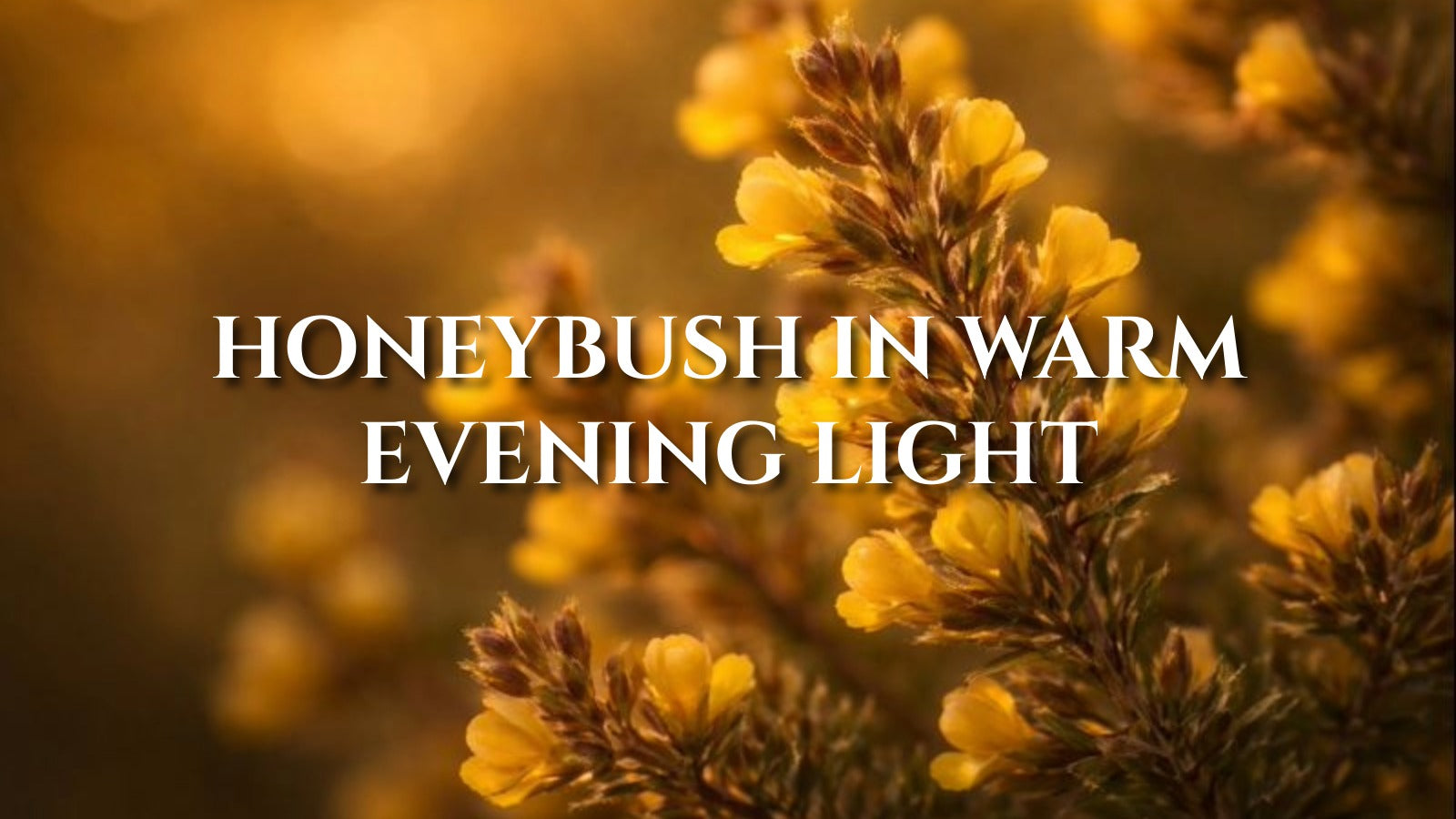
Honeybush in Evening Tea Rituals: Soft Sweetness and Gentle Depth
Honeybush brings a naturally honeyed sweetness and rounded warmth to the evening cup, shaping the infusion through softness rather than contrast. Its smooth body and deep amber color create a quiet...
Read more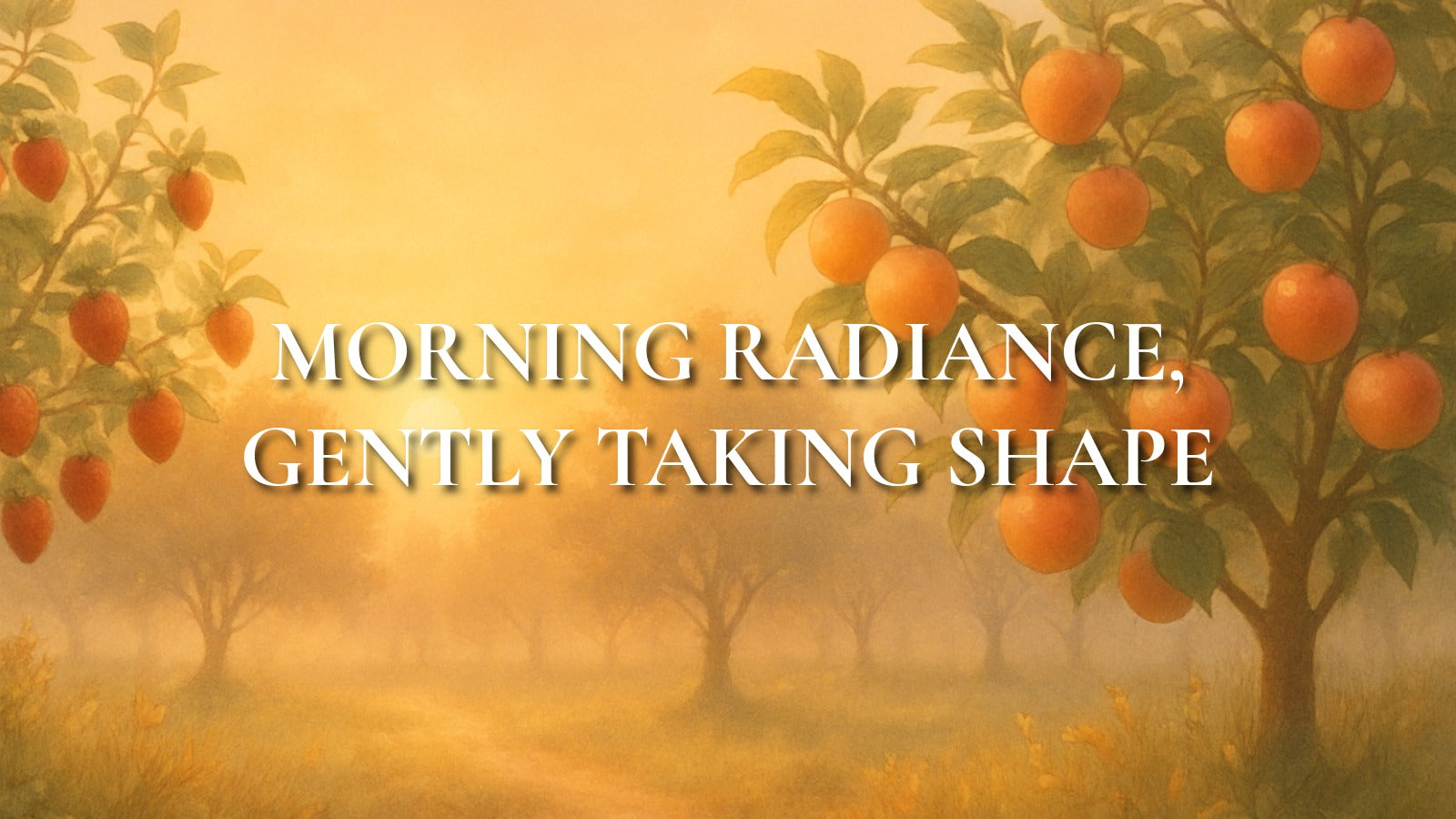
Lush Berry and Orchard Notes: Strawberry, Peach, Apple
Strawberry, peach, and apple create a radiant morning palette that feels bright, warm, and gently uplifting. Strawberry brings jammy vibrance, peach adds golden sweetness, and apple offers crisp cl...
Read more
Tropical Morning Flavors: Pineapple, Mango, Coconut
Tropical fruits shape the morning cup with warmth, radiance, and gentle brightness. Pineapple brings juicy lift, mango adds sun ripened sweetness, and coconut softens everything with creamy calm. T...
Read more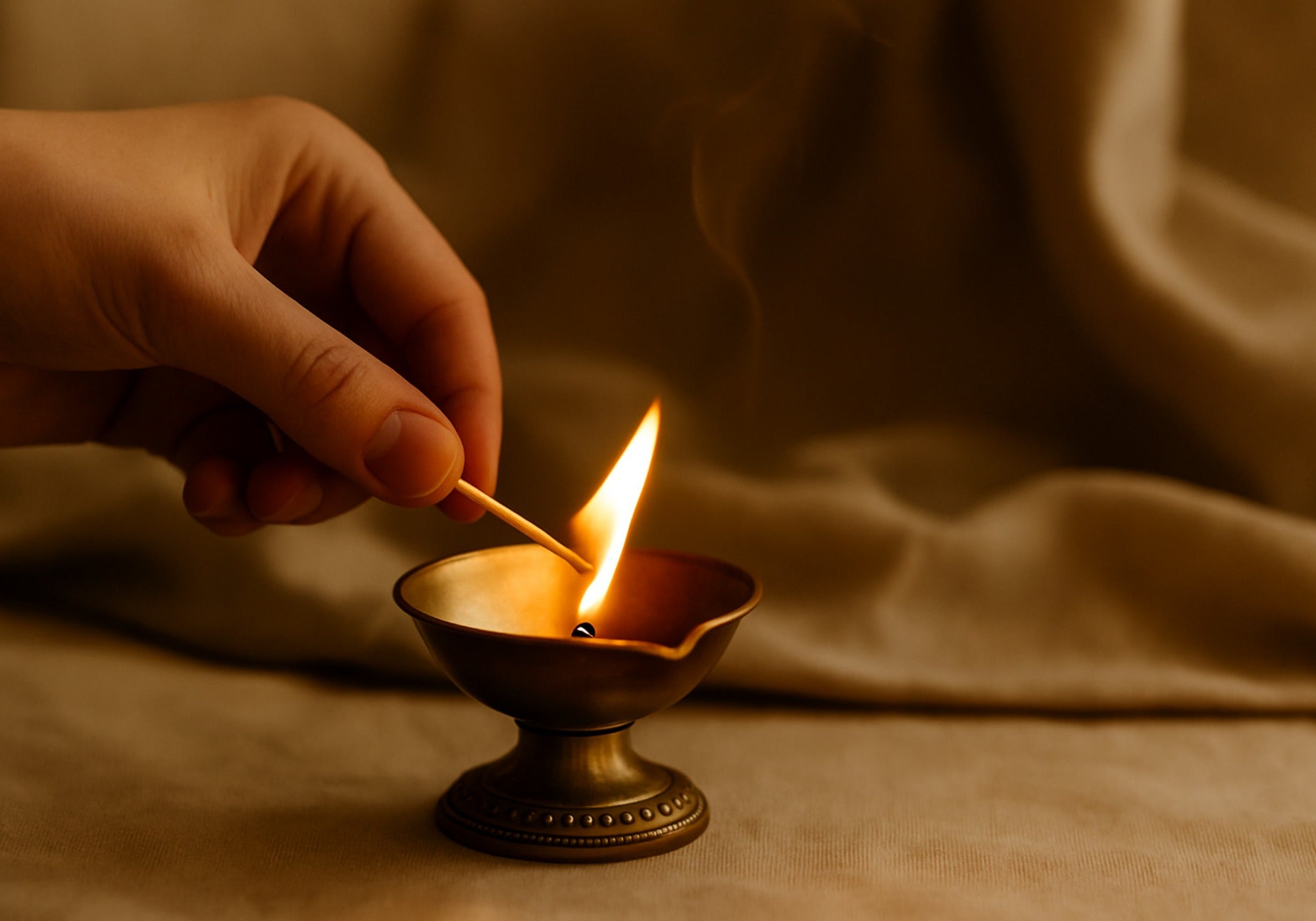
THE PURELY EXPERIENCE
Continue the Ritual
Ritual continues in every quiet act. Discover the collections that bring rhythm to the day and restore balance through moments of clarity and calm.
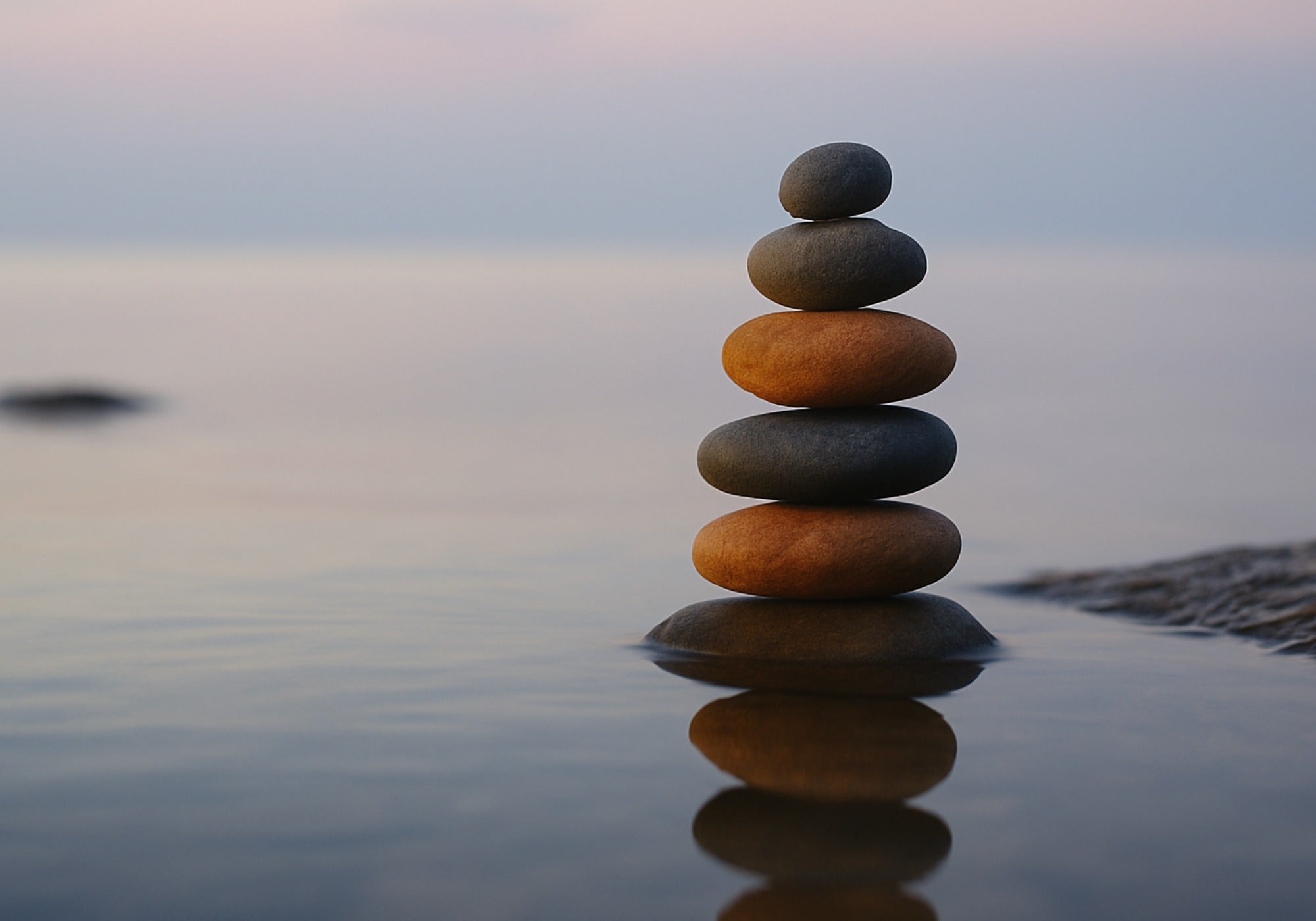
THE PURELY PRACTICE
FROM REFLECTION TO PRACTICE
Across cultures and centuries, ritual has shaped how humans greet the day, gather in community, and find renewal in stillness. Return to the Purely Rituals collection to explore how these timeless practices continue to inspire meaning in modern life.